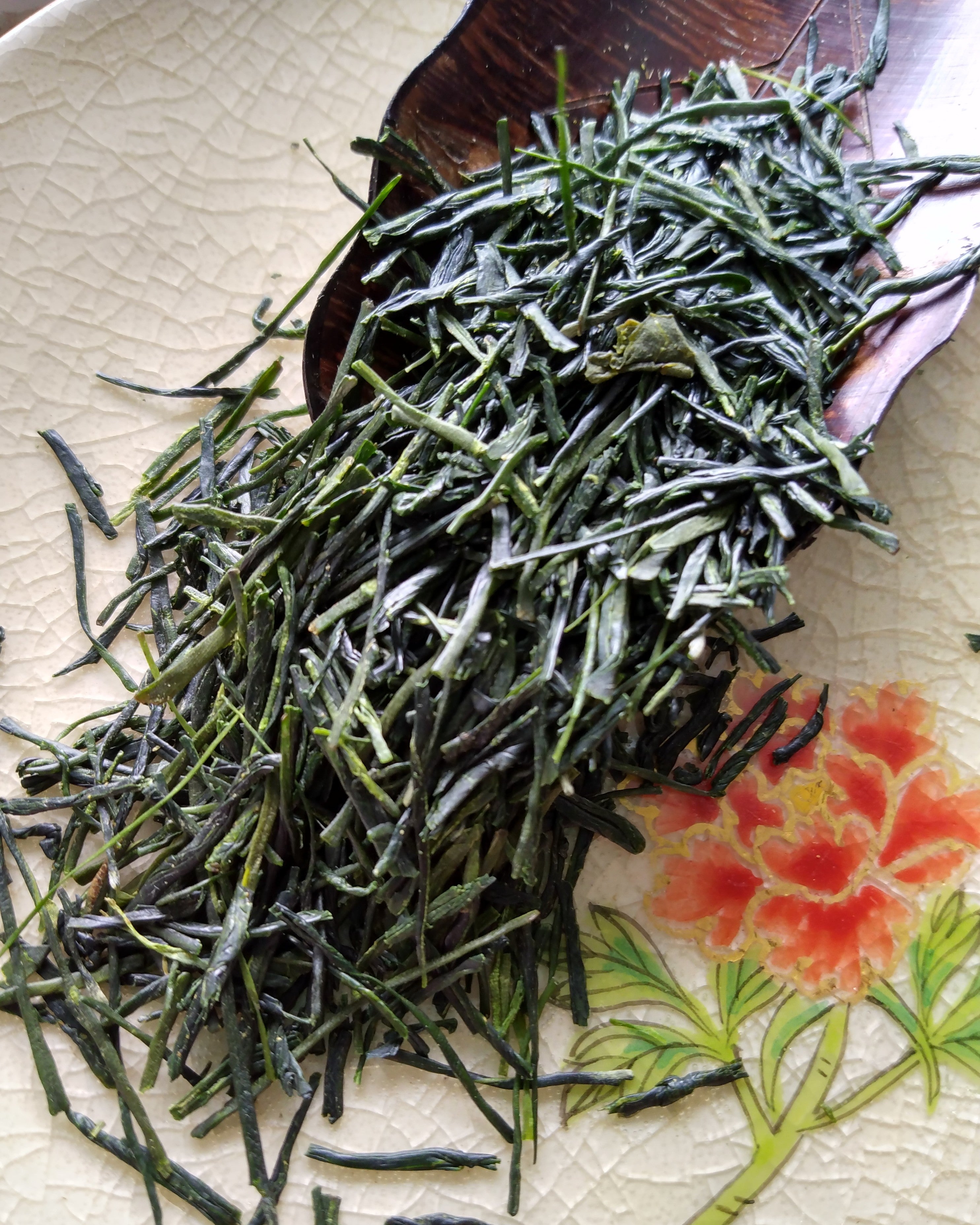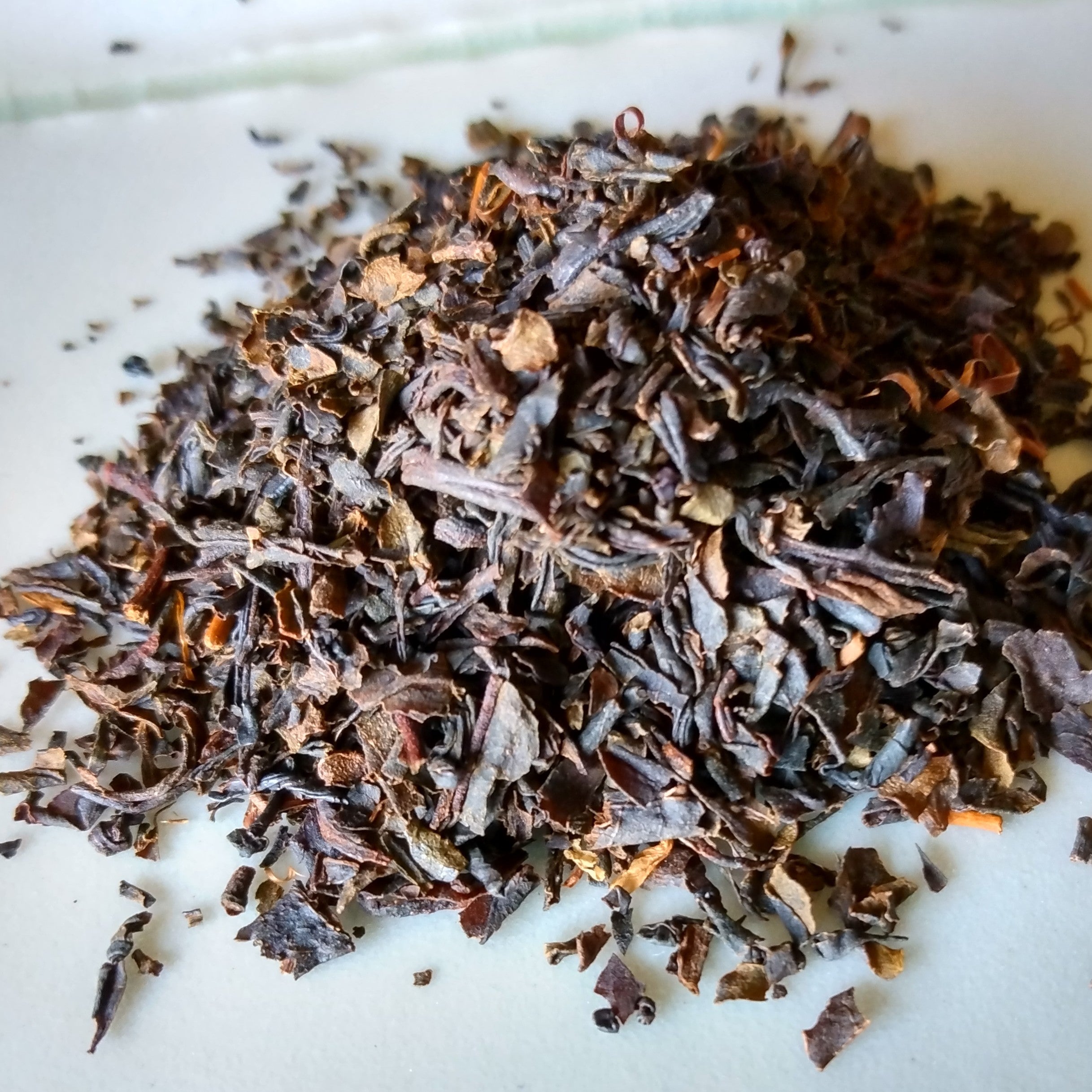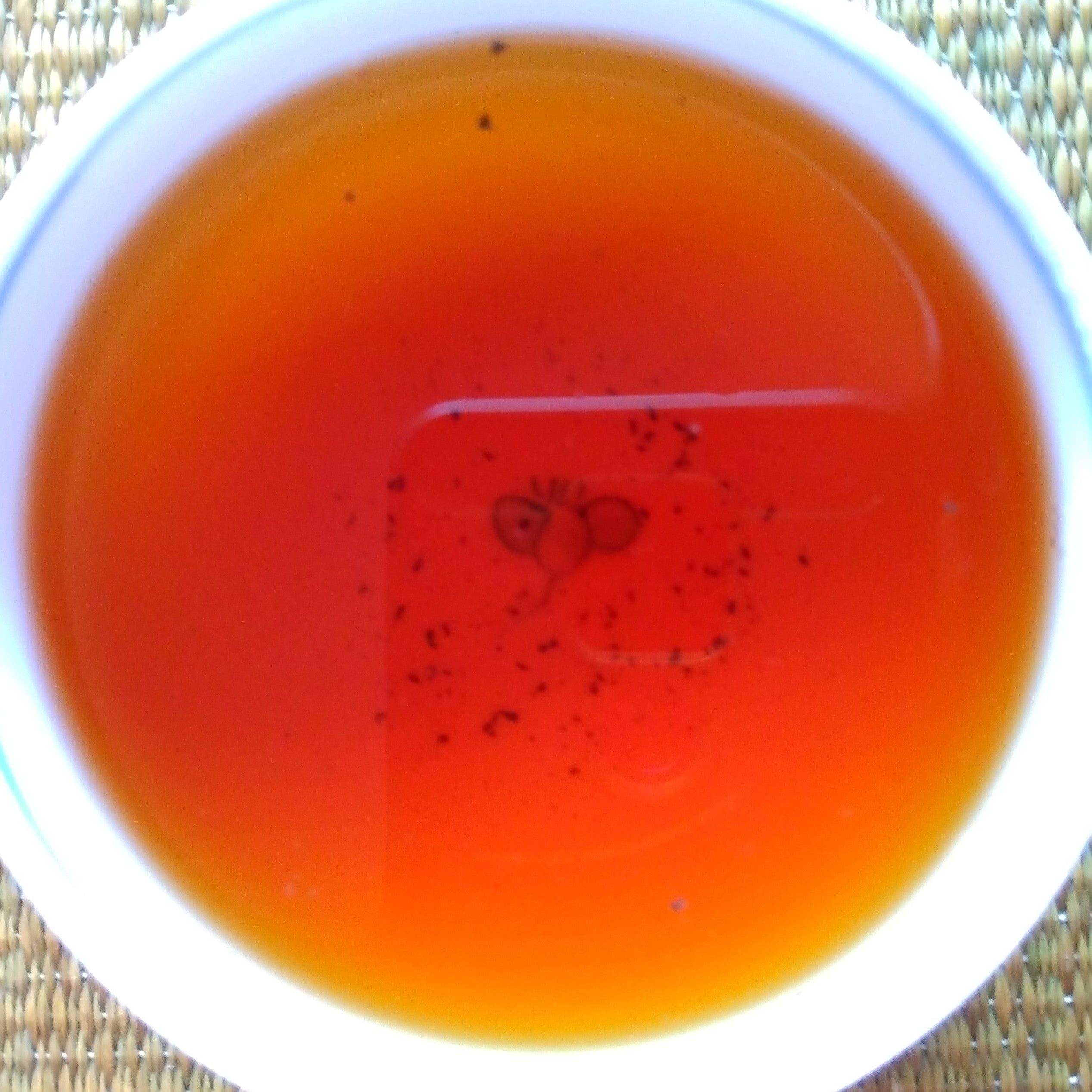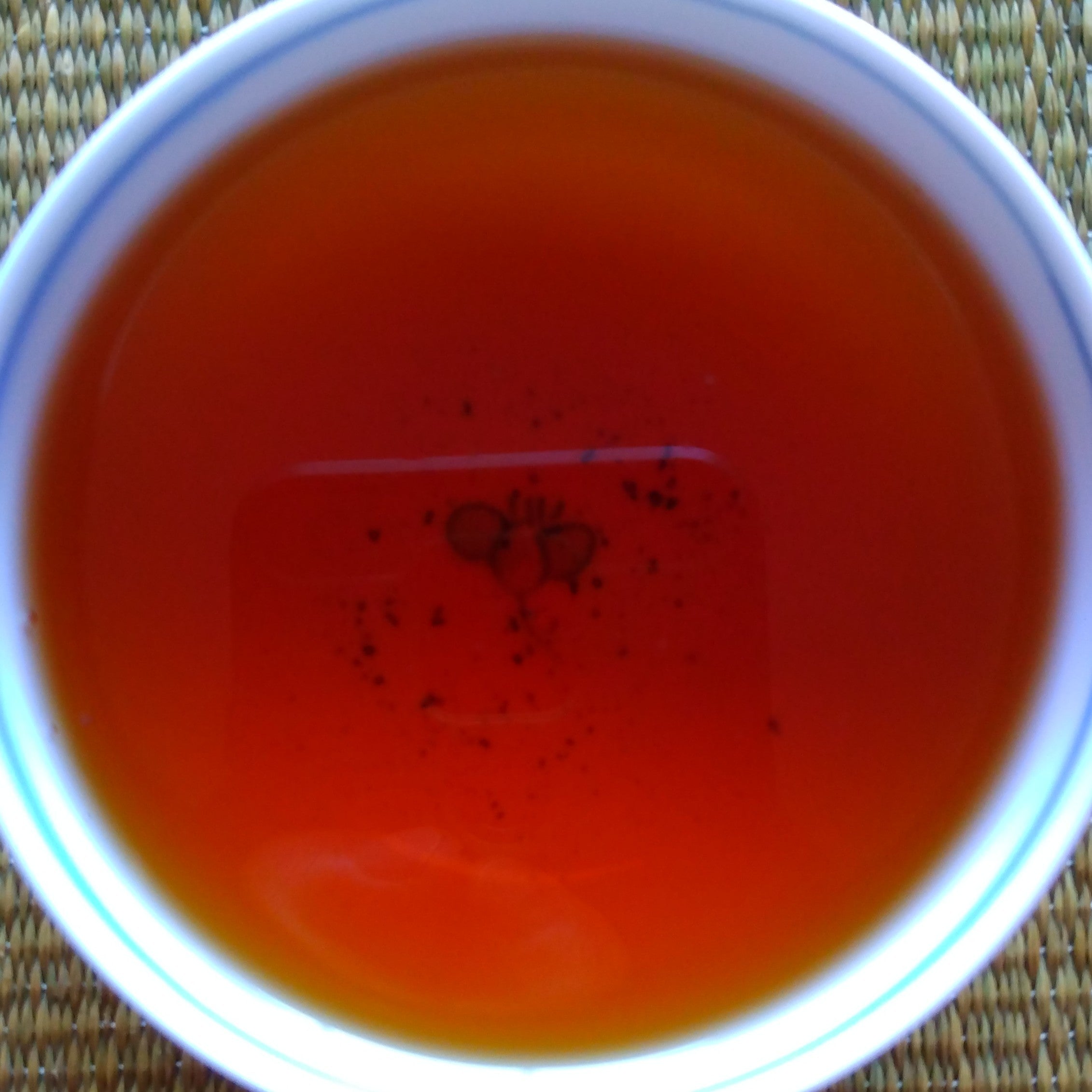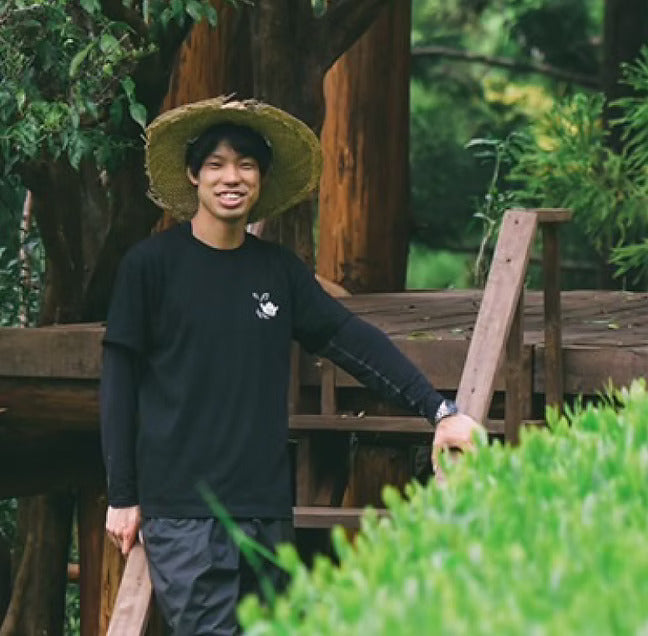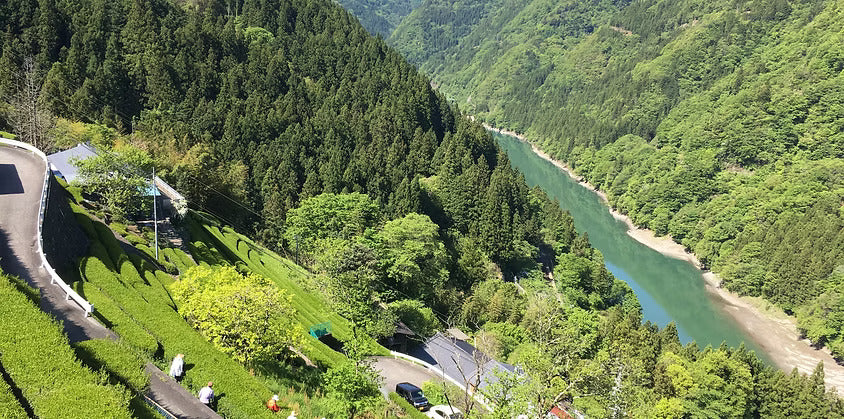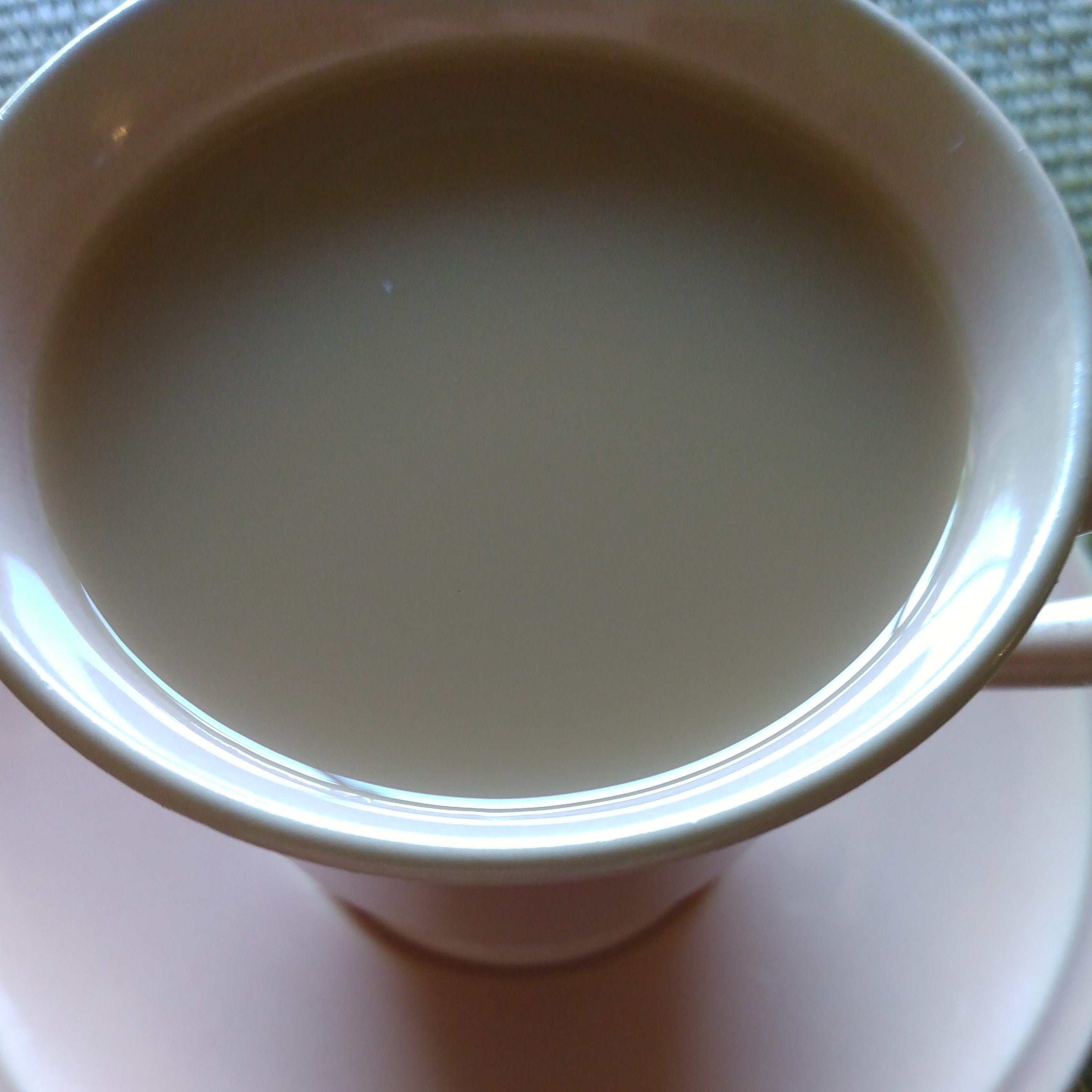Description
Hand-picked WaKoucha (Japanese Black Tea) from Nakaya Farm, grown by farmer Shinoda Taiki in Nakaisamurai, a small district within Tenryu (Heaven's Dragon) Village in southern Nagano Prefecture. Hand-picked (rare for black teas in Japan) and Naturally Grown with no chemical fertilizers or pesticides. 30g. 2025 2nd Harvest Tea.
Origin: Nakaisamurai, Tenryu Village, Nagano Prefecture.
Cultivar: Yabukita
Finely cut leaves that infuse to a brick red tea with a dark stone fruit (think black cherries) aroma. Medium-bodied and smooth, notes of black cherry and plum with very little astringency. The color. flavor, and sweetness continue to hold up in the 2nd and 3rd infusions. This tea can be brewed slightly stronger to stand up ice or milk, but we encourage trying WaKoucha straight at least the first time.
Farmer Shinoda, known in the village as Taiki, was a young traveling farm worker who was helping the aging Hatano Shichirohei to tend his Nakaya Farm tea fields. Besides being a long-time tea farmer, Hatano was also known for his tea picking songs. Taiki became the successor to the Nakaya Farm in 2020, and also became Shichirohei II. He practices only natural farming methods using no pesticides. Besides producing Sencha, he also produces this WaKoucha with tea trees left behind by Shichirohei I.
Nakaisamurai is a small district within Tenryu Village that lies along the Tenryu River with sloping hills that are so steep that they seem to be held up by the tea fields. There are no convenience stores or traffic lights, and the community of tea farmers is a tight-knit one. However, the aging rate is the third highest in Japan and farm succession is a difficult challenge. As a place of tea production, it is barely known in Japan. I first saw a feature about Nakaisamurai Tea on Japanese TV, and was completely enthralled by the idyllic environment and the passionate community of elderly farmers and young NPO workers. I reached out to them and a relationship was born to share some of their small production with you.
Commercial tea cultivation in the area is relatively young, going back just to the 1970's. Ten families still farm here and are sales activities are managed by a Non-Profit Organization. The NPO serves to bring in tourism to this hidden valley paradise, revitalizing tea fields and keeping natural farming practices, and to ensure that the aging tea farmers have the help they need to tend the fields and that products are sold directly at a fair price to keep tea culture alive in the area. The create packaging designs, do marketing, operate a small tea cafe, and run tea-picking and tea-making events. As some of the young NPO workers have now become tea farmers in their own right, the program is looking successful for the future of tea in the village.
